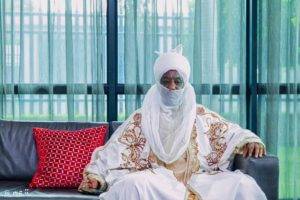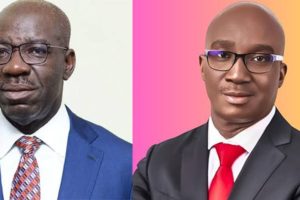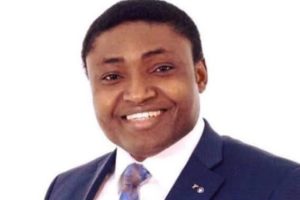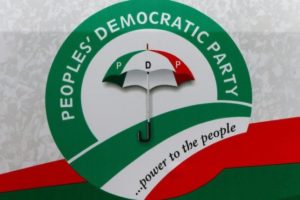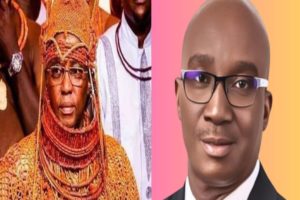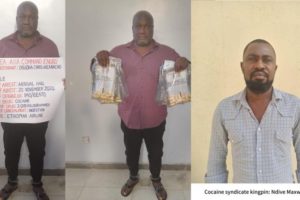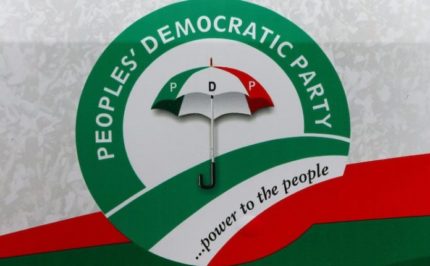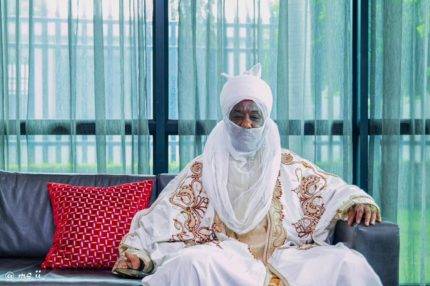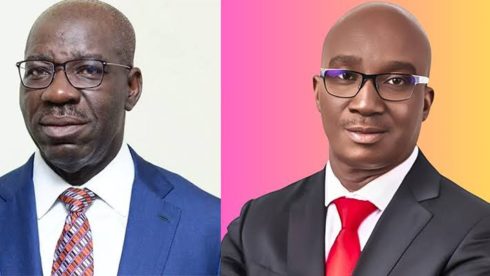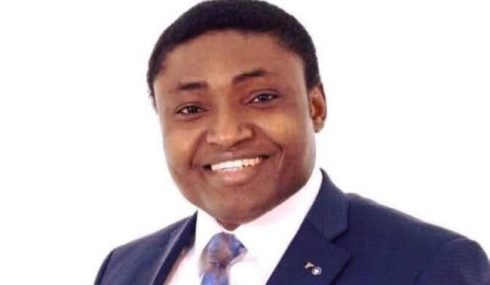The Independent National Electoral Commission (INEC) has responded strongly to allegations by governors from the Peoples Democratic Party (PDP) regarding the conduct of the September 21, 2024, Edo State governorship election. The PDP governors claim that INEC manipulated the election to favor the All Progressives Congress (APC), leading to the victory of APC candidate Monday Okpebholo, who was declared the winner with 291,667 votes. PDP’s candidate, Dr. Asue Ighodalo, received 247,274 votes, and Labour Party’s Olumide Akpata came third with 22,761 votes.
Following a two-day meeting in Jos, Plateau State, the PDP Governors Forum expressed concerns about alleged irregularities, describing the election outcome as a “rape of democracy.” The Forum has called on the judiciary and lawmakers to strengthen electoral laws, accusing INEC of compromising democratic values in both Edo and Ondo states. “The forum notes with concern the rape of democracy in Edo…It is clear that INEC manipulated results in favor of the APC candidate,” the Forum stated, while also alleging that vote-buying played a role in Ondo’s elections.
INEC’s Official Response and Legal Position
INEC swiftly addressed the PDP’s claims, with Chief Press Secretary to the INEC Chairman, Rotimi Oyekanmi, calling the accusations “unfortunate and inappropriate.” According to Oyekanmi, the case is currently sub judice, as the PDP has already filed a legal petition challenging the Edo election results in court. He advised PDP governors to rely on judicial processes rather than resort to what he termed a “media trial.”
Oyekanmi further expressed disappointment that the PDP is voicing its grievances in public rather than in court, where evidence can be presented and assessed objectively. “One would expect the party and its candidate to tender their evidence in court to prove the allegations…rather than embark on media trial,” Oyekanmi remarked. INEC officials emphasized the importance of upholding the law and allowing the judicial system to determine the legitimacy of the election results.
APC Defends INEC, Condemns PDP’s Public Statements
The APC, through its National Publicity Director, Bala Ibrahim, criticized the PDP governors for taking their grievances to the public rather than following legal channels. Ibrahim questioned why the PDP did not sign the Peace Accord before the election, suggesting that the opposition party might be pursuing a strategy aimed at destabilizing public opinion. “Are they indirectly trying to incite the public to lynch INEC or to take the law into their hands and go into civil disobedience?” Ibrahim asked, expressing concerns about potential civil unrest.
Ibrahim also raised questions about the PDP’s decision-making process, particularly its reluctance to adhere to constitutional routes in contesting election results. He argued that the constitutional courts are the appropriate venue for such disputes, emphasizing that the PDP’s approach could undermine democracy and incite unnecessary tension.
INEC Urges Political Parties to Embrace Sportsmanship
In addition to refuting PDP’s allegations, INEC reiterated the need for political parties to adopt a spirit of sportsmanship in Nigeria’s democratic process. Oyekanmi acknowledged that while no election is perfect, the commission strives to conduct fair and credible elections. Describing the Edo and Ondo elections as “good outings,” he encouraged political leaders to accept election results even when unfavorable, rather than challenging them publicly without evidence.
INEC’s response highlights a broader concern about political parties respecting electoral outcomes and processes. Oyekanmi added, “It is not healthy to accept the outcome of an election only when you win.” The Commission urged parties to trust the judicial system rather than engage in public disputes, which, it argued, could undermine public confidence in electoral institutions and fuel political divisions.
Conclusion and Call for Judicial Review of Electoral Processes
As the controversy unfolds, the PDP governors have maintained their stance, calling on the judiciary to play an active role in protecting democracy. They argue that the allegations of manipulation, if true, signal a worrying trend in Nigerian elections. Additionally, they called for legislative reforms to close loopholes in the electoral system that could lead to “institutional sabotage of the will of the people.”
The outcome of the PDP’s legal challenge to the Edo election will likely set a significant precedent, testing Nigeria’s judiciary and INEC’s commitment to transparent elections. With both parties standing firm in their positions, the case emphasizes the need for clear, enforceable electoral laws that uphold democratic values while ensuring election results are fair, transparent, and respected across political divides
Table of Contents
Discover more from OGM News NG
Subscribe to get the latest posts sent to your email.

